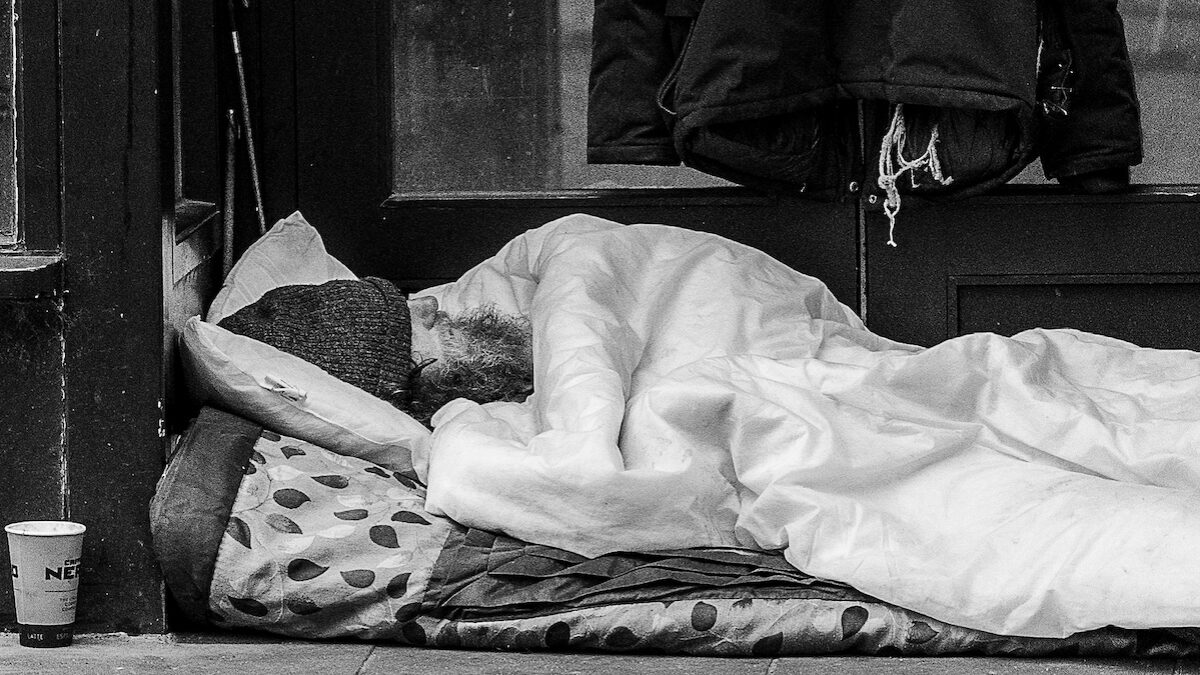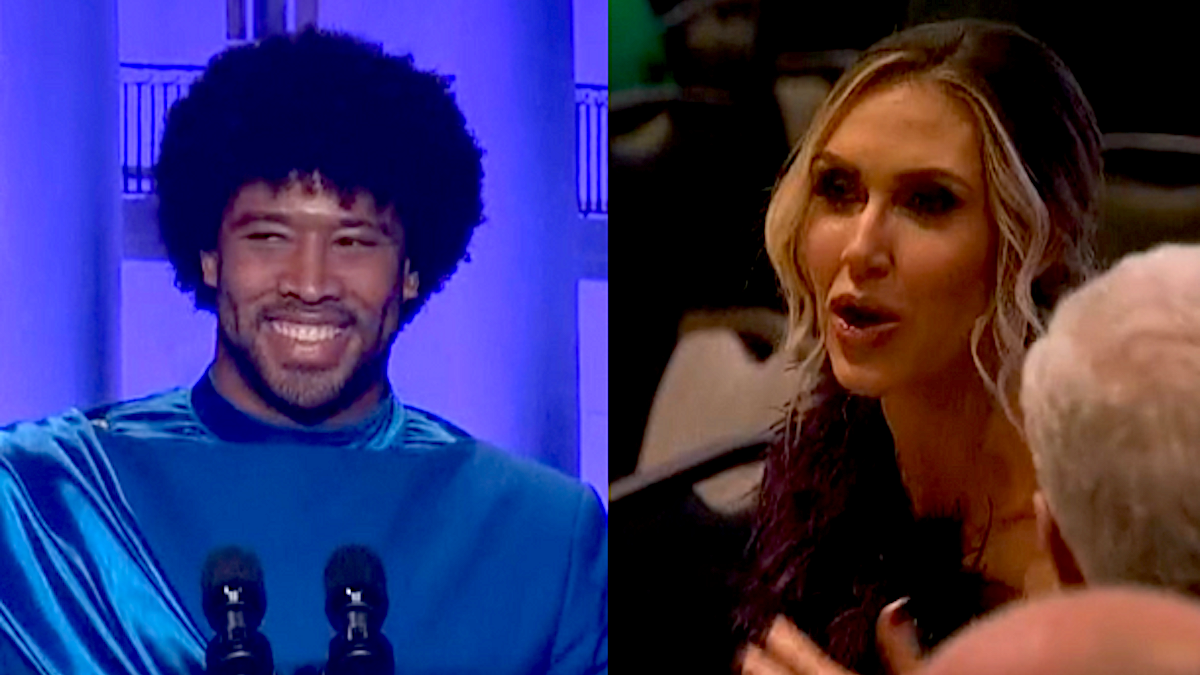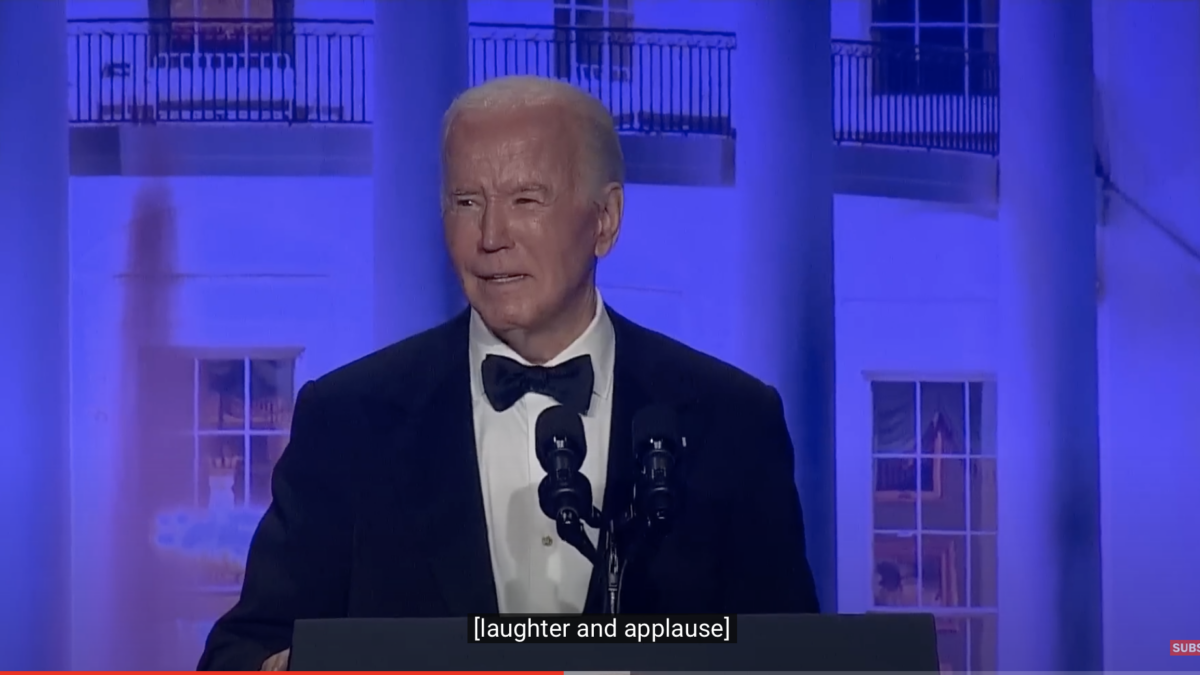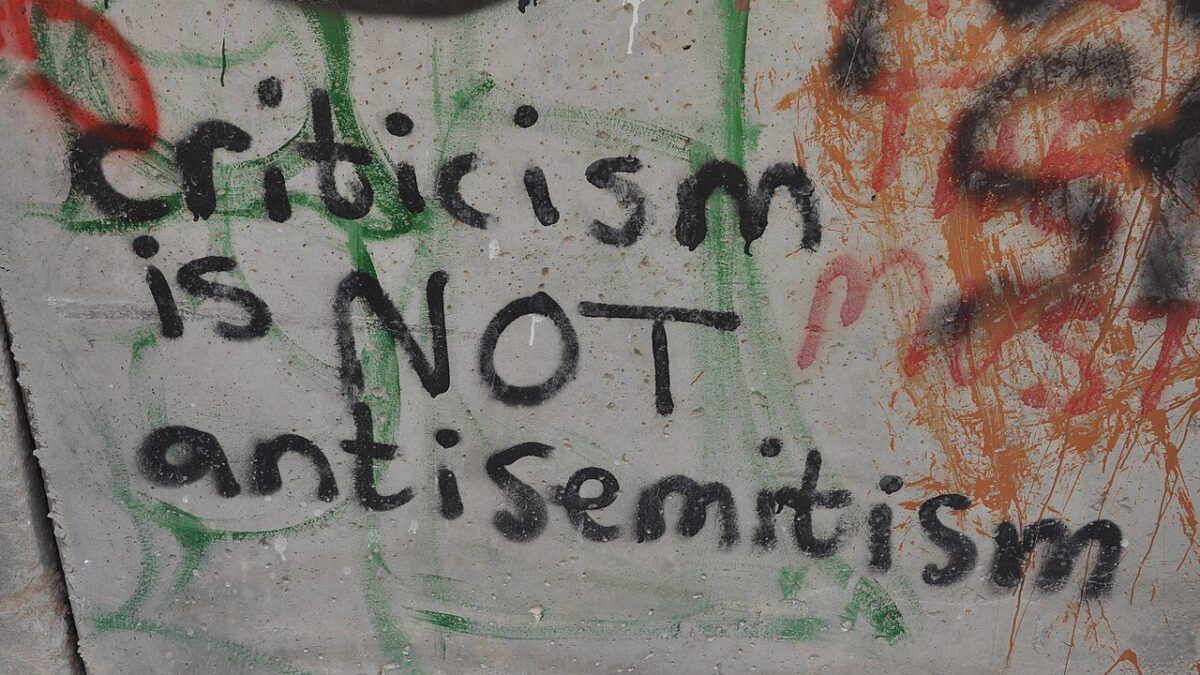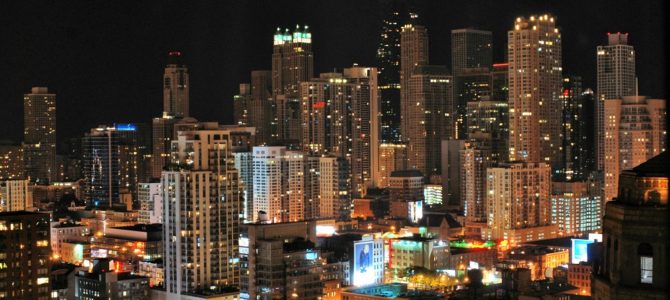
Chicago, Illinois — Looking out over downtown Chicago on a bright, unusually warm Christmas Eve, I get why people love this city, even though I am not really among them. I’m not a city person, and even if I were, this isn’t my city.
This is not just a burst of Christmas cheer. Christmas Day will be over by the time I finish writing this article, let alone by the time it is edited and published. Rather, I am learning that the love for Chicago is not just about the amenities, the attractions, and the deep dish pizza. Rather, Chicagoans’ love for their city arises from the experience of a place providing a real sense of rootedness. Cities can provide identities and a sense of home as surely as any small town.
In this specific case, Chicago has personality and, for many families, continuity. To be from Chicago, or, more accurately, from a specific part or suburb of Chicago (Aurora isn’t Evanston isn’t the Loop), is to be from a distinctive place. It’s not my place, and by the end of any visit I’m eager to get home, but locals feel that they belong here as surely as I feel that I do not (I even put ketchup on hot dogs, which is practically sacrilege to some people here).
Conservatives should understand this, but instead we often treat cities and their residents with antipathy, as the opposites of “Real America.” One need not look far to find right-wing figures whose flattery for a rural “Real America” bleeds into scorn for cities. This is a mistake.
Maps of America tracking presidential vote results by county show a sea of red, but those blue islands have a lot of people. Except in the most rural states, conservatives need a lot of votes from big cities and their suburbs to compete in statewide races. We don’t need to win them outright, but our candidates have to keep the margins close enough for the rural vote to put them over the top.
Consequently, conservatives need to address urban concerns and try to bridge the growing rural-urban divide, rather than just denouncing cities as the malign foil of real America. Pointing out that hegemonic rule by left-wing Democrats has persistently failed the urban poor and the working class will not turn those voters rightward if they believe conservatives dislike them.
For example, right-wing discourse often uses Chicago as a symbol of urban violence, but it is misguided to compact the entire city into this caricature. Much of Chicago and its surrounding suburbs are safe, while a few areas, whose residents are overwhelmingly poor and black, are appallingly violent. A crude denunciation of Chicago as hopelessly violent may irritate some residents as ignorant and performative while also precluding more subtle and effective critique that might exploit the left’s fissures over race and class.
In many cities, the cultural obsessions of upscale, educated, and mostly white leftists are far removed from the priorities of working families of all races, which are often in tension with the interests of those in the well-off suburbs. Republicans have been hemorrhaging voters from the latter without sufficient offsetting gains. Some of this may be attributable to President Trump, who has accelerated the flight of educated professionals and suburban voters (especially women) from the GOP, while so far failing to win working-class minority voters in the way he won over working-class whites.
Regardless, the extent to which Democrats are poised to dominate every important faction in urban politics and in the surrounding suburbs is an inexcusable political failure. While policy matters, much of the problem is that too many on the right seem to regard cities and their inhabitants with a disdain that mirrors the antipathy many urban leftists show for rural voters. In each case, insulting voters is a sure way of losing them before policy even comes into play. “Why won’t you dumb-dumbs vote for us?” isn’t a winning appeal, no matter what policies are on offer.
There are, of course, many examples of urban dysfunction, but conservatives should critique them specifically, rather than dismissing entire cities, or cities entirely. We should not ignore policy failures and the pathologies of the leftist urban elite, but we should criticize them because we wish to see our cities and their residents flourish.
Conservatives should have a respect for cities that is grounded in more than political necessity, or a grudging admission of their necessity for civilization. We may love cities for their roles as repositories of culture and art, patronage of human excellence and achievement, and sense of place. Even country boys may appreciate grandeur, and in the loyalties and particularities of urban neighborhoods they may recognize something akin to their own love for a small hometown.
The best critiques of urban corruption and decadence require a love for urban excellence, and for human flourishing within it. Conservatives may therefore have a great deal to offer, as many American cities have become unaffordable for those who are not rich, or unlivable because of crime and grime, or sometimes both. For many families, middle-class life is increasingly impossible in and around many big cities.
From crime to education to housing, conservatives may provide policy solutions for urban residents. Even the much-maligned social conservatives should find an urban audience. It is not just that big cities still have plenty of religious believers, although they do—The New York Times might prefer to feature polyamorous deviants, but there are many more ordinary married couples in the city. Rather, social conservatives have been proven right about a great many things, starting with the importance of children being raised by their parents in a stable home.
Conservatives should respect urban homes and seek policies that will assist residents in forming and maintaining stable families and communities. Whether in the city or in the country, humans flourish in family and community.



